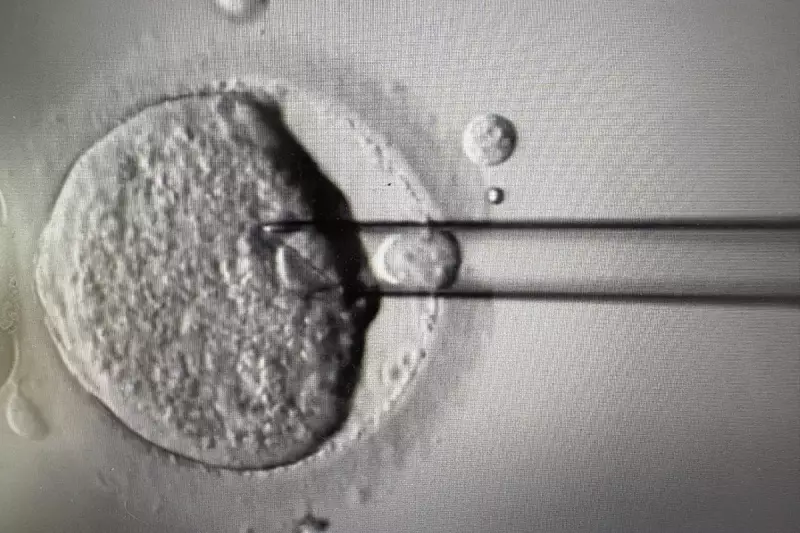
In a historic move, the UK has officially sanctioned an innovative IVF technique that involves genetic material from three people—a mother, a father, and a female donor. This pioneering method, known as mitochondrial donation, is designed to prevent children from inheriting severe genetic disorders passed down through mitochondrial DNA.
How It Works
The procedure replaces faulty mitochondrial DNA from the mother with healthy DNA from a donor, while retaining the parents' nuclear DNA—which determines traits like appearance and personality. This effectively creates an embryo with genetic material from three individuals.
Why It Matters
Mitochondrial diseases can lead to devastating conditions, including muscle weakness, organ failure, and even early death. By preventing these mutations, the technique could spare thousands of families from heartbreak.
Ethical and Safety Considerations
While hailed as a scientific breakthrough, the method has sparked ethical debates. Critics argue it crosses a line in genetic modification, while supporters emphasize its life-saving potential. Rigorous clinical trials have confirmed its safety, paving the way for regulatory approval.
The UK’s decision marks a milestone in reproductive medicine, positioning the country as a global leader in fertility innovation.





